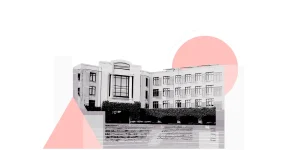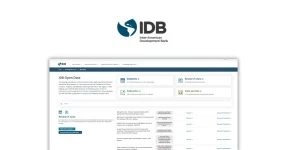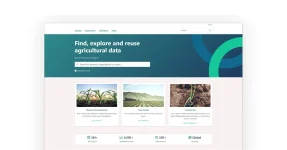meritocracy (noun) - a country or social system where people get power or money on the basis of their ability
My CKAN journey
My journey with CKAN began as a product owner and contributor back in 2022. What immediately struck me was CKAN’s true meritocratic spirit. This was evident in how the CKAN Tech Team and co-stewardship operated: open collaboration and open contributions on GitHub; Gitter as a forum where anyone can ask technical questions and get their own problems solved; the culture of collaboration through contributions.
This meritocratic approach extended to how we gathered and acted on community input. Through 37 interviews across 17 countries, we learnt from maintainers, developers, and users regardless of their role or organisation size. Ideas that made it into development weren’t chosen based on who suggested them but on their potential impact—whether they came from established organisations like GSA’s data.gov team or individual community contributors.
The collaborative nature of decision-making was particularly visible in the CKAN community’s UI Revamp initiative. Rather than decisions being made top-down, we saw CKAN contributors and designers like Petar and Eucharia receiving feedback from the wider community right in Figma files. Alex and Stephen worked with core developers like Adrià and Patricio, each contribution evaluated on its technical merit and user benefit. Even when discussing major architectural changes like ElasticSearch integration or harvester improvements, the focus was always on technical soundness and community benefit rather than organisational authority.
Great ideas have a unique power
When backed by meaningful action, great ideas can create successful endeavours and thriving open source communities. At Link Digital, we’ve seen this principle play out in two parallel journeys: our growth as a company and our involvement in the CKAN open data project.
Meritocracy can be focused on individual achievement and competition. But there’s another model that fits the open source world much better, where merit comes from contributing value to a shared mission. Here, the best ideas and most impactful work naturally arise, regardless of title, position, or anything that’s not the value of the idea itself.
This points to an exciting possibility—that a merit-based contribution can create organisational coherence even without traditional hierarchies. When people unite around a compelling mission and are recognised for their concrete impact, natural leadership emerges.
We see this clearly in CKAN’s evolution. Technical decisions are driven by those who consistently show up and contribute, not by formal power structures.
The key insight is that merit-based systems work best when they’re truly open—when anyone can contribute and be recognised based on their impact. This creates resilient organisations that can gather and build diverse talents toward shared goals.
The future belongs to those who show up, contribute meaningfully, and help others succeed. True meritocracy means the best ideas can come from anywhere. What matters is turning those ideas into reality.
Read my article on CKAN.org on UI Revamp Project: path to deliver modern default UI for CKAN
Join the CKAN community
As co-stewards of the CKAN project, I highly encourage passionate developers and enthusiasts to join the community on the following platforms:
- GitHub – for open collaboration and contribution,
- Gitter – for technical Q&As in a feed format,
- You can also subscribe to the project’s newsletter or get it on LinkedIn.
What if the next breakthrough in open data came from your insight? What if your strategic thinking or hands-on building could help governments serve citizens better? These aren’t hypothetical questions. They’re real possibilities waiting for people ready to act on them.



